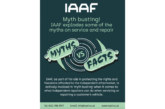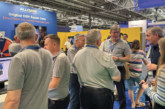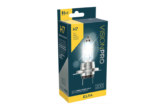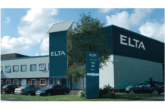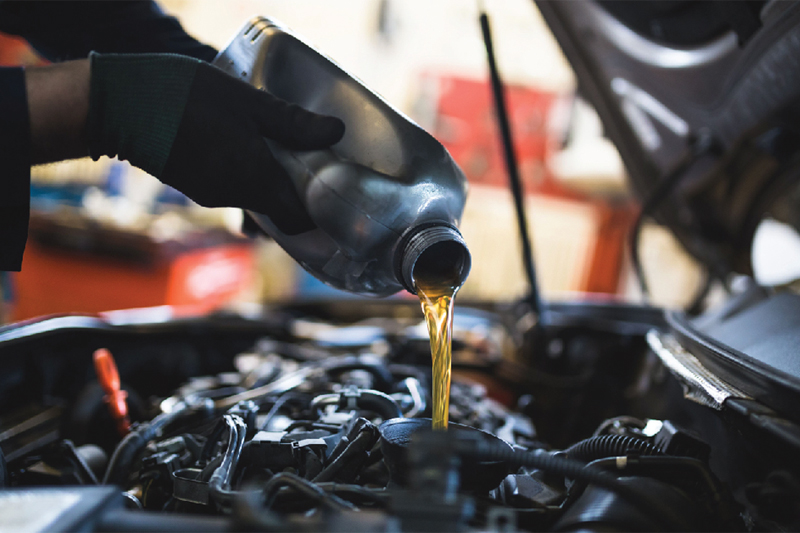
New Verification of Lubricant Specifications (VLS) Chairman, Mike Bewsey, explains why he took the top job, his to-do list and offers motor factors advice on missold or mislabelled engine oil.
Q. Mike, congratulations on your new role as VLS chairman – what made you want to take on this job?
Mike Bewsey (MB): “I was delighted to be invited to become the chairman of VLS. I have been involved with VLS since 2016 as a board member and have seen first-hand just how vital our work is in upholding standards in the lubricants industry.
“VLS aims to achieve an open and level playing field that benefits all lubricant companies by verifying the performance claims and technical specifications upon which lubricants are marketed to the end user. It allows all companies to compete on service, value and product quality whilst assuring the claims made on lubricant products are valid and reliable.
“As well as chairman of VLS, I am also business unit director of Moove Lubricants, a key player in the lubricants industry. Over the years, VLS has given Moove the assurance it needs that if we come across a product in the marketplace that has a conflicting technical specification or performance claims that simply don’t make sense, then we can have it checked out. If necessary, it can be tested by an independent third party to validate our concerns and resolve any mislabelling issues.”
Q. What are your main objectives going to be moving forwards?
MB: “I am very proud of everything that VLS has achieved to date and very much want to build on those solid foundations.
“Over the years, the types of cases that VLS have handled have changed. VLS has adapted to reflect market needs. In 2019, VLS launched new marketing claims guidance in response to cases involving overclaiming of specifications. In 2020, VLS entered into a primary authority relationship with Buckinghamshire & Surrey Trading Standards to support greater compliance for members and the industry by providing assured advice on lubricant marketing issues and the basis of claims in consumer law, as well as providing an intervention and escalation route for noncompliant products in the case of noncooperative lubricant marketers.
“In 2022, our main objectives will be to support the transition to dealing with specifications built on new technology, including plug-in electric hybrid, electric and hydrogen vehicles. With original equipment manufacturers (OEMs) pushing forward with new technology to meet the upcoming internal combustion engine ban planned for 2030, whilst motorists are holding onto their vehicles for longer than ever, lubricants manufacturers, distributors, mechanics and motorists alike will need our support to understand how to correctly market lubricants and use them in vehicles, as we begin to transition away from petrol and diesel engines. We can provide stability during change and maintain that all-important level playing field for those involved in the lubricants industry.

“I also see a role in VLS undertaking greater outreach with other similar programmes, from Germany’s FSQ programme to the Australian Lubricant Association’s product quality programme, API’s product quality surveys and even ATIEL’s product compliance and monitoring, to ensure a joined-up and cohesive approach in sharing our experience here in the UK with other national and global product compliance programmes.”
Q. Are lubricant manufacturers prepared for Euro VII emissions standards?
MB: “We are expecting the European Commission to announce its draft proposals for the new Euro VII emission standards in early 2022. The industry has been debating for some time how far these standards should go. The German Association of the Automotive Industry has already warned that the move could result in the combustion engine being phased out from as early as 2025, as the stricter CO2 and NOx emissions limits being introduced will result in combustion engines no longer being competitive.
“We are also expecting new tests which will require vehicles to meet stricter emissions standards in all driving conditions, including slow city traffic. Whatever the standards are, OEMs will be the first affected. We will continue to work closely with members to support them in the transition to new, even more sophisticated lubricants that can help manufacturers meet the emissions standards – whatever level they are set at.”
Q. Why are there fewer cases going through to VLS now as opposed to two years ago? Despite the pandemic, do you feel the message around compliance is being heard and understood within the industry?
MB: “When VLS was first formed in 2013, there was clearly a lack of understanding in the marketplace. VLS initially worked through a higher volume of cases, improving education and standards across the industry. As a result of better compliance, the number of cases reported to VLS is now lower; however, those that are being reported are more complex and often take longer to resolve.
“We are confident that the message around compliance is being heard and that lubricant blenders, manufacturers and distributors alike know that they will be held to account by VLS to ensure that lubricants are correctly described and really can deliver what they claim; however, as our industry evolves, we know there is still work to be done to ensure a transparent marketplace that end-users can have confidence in.”
Q. What should motor factors do if they suspect a certain motor oil is being mis-sold or mislabelled?
MB: “If an engine oil sounds too good to be true or a motor factor has any concerns about it being mis-sold or mislabelled it is important to double-check. You can report a product you have concerns about to VLS, who will independently investigate it to confirm if it really can deliver what it claims. Poor quality or incorrect engine oil can cause accelerated wear in gears and bearings, leading to increased maintenance costs and, if left unchecked, eventual engine failure.”


